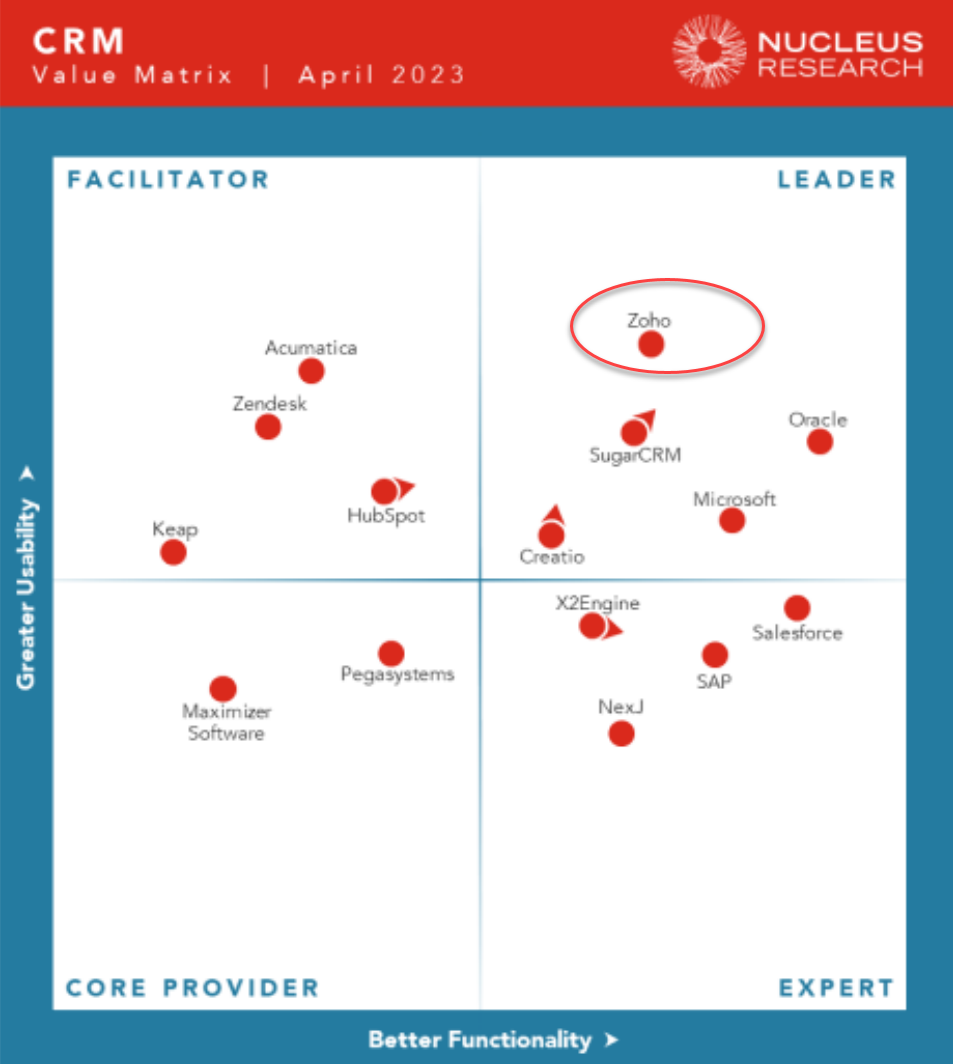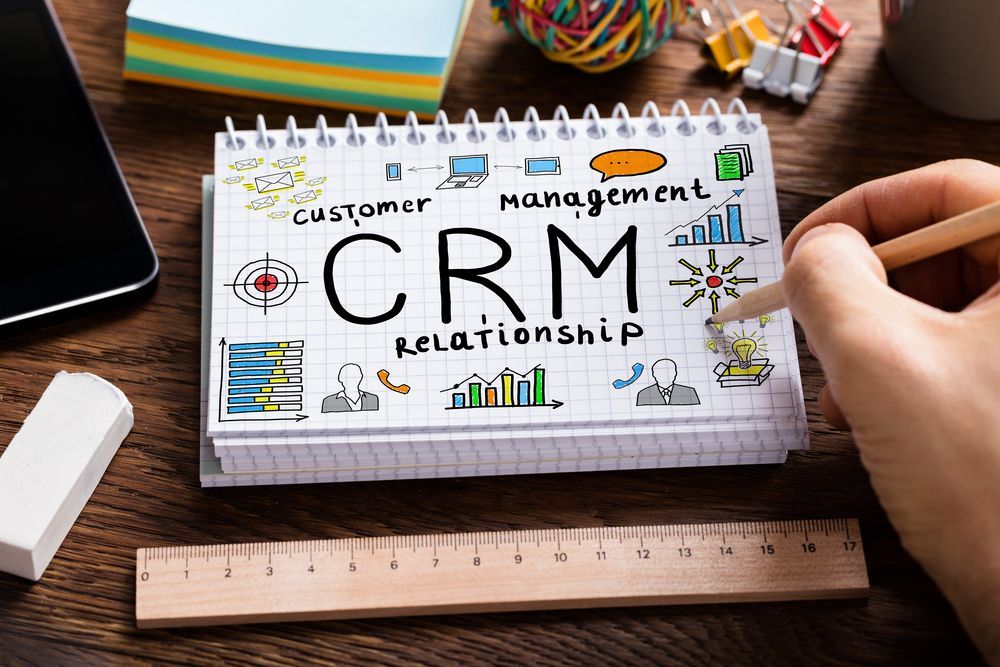Why Accurate Software Requirements Matter
CRM Success, Why Accurate Software Requirements Matter
Understanding the complexities of Customer Relationship Management (CRM) software implementation can seem like a daunting task. For many, the core challenge often lies not in the implementation itself, but in the crucial stage preceding it: defining accurate software requirements. This is an invaluable and intricate step in a successful CRM journey and requires a careful approach.
The Value of Defining Accurate Software Requirements
Let’s start by addressing the "why" behind gathering accurate software requirements. At its most fundamental level, an accurately defined requirement provides a roadmap for what your CRM system needs to accomplish. It sets the expectations for what the software will do, the problems it will solve, and the results it will deliver. This clarity aids in reducing project risks, preventing feature creep, and maintaining control over budget and timelines.
If the requirements are not accurately defined, it's like setting out on a journey without a clear destination in mind; you might make some progress, but there's no guarantee that you'll end up where you need to be.
Gathering Accurate Software Requirements is a Discovery and Invention Process
Requirements development is much more than just a collection process; it’s a process of discovery and invention. It's not simply about gathering what you think you want from the system; it's about unearthing the needs you didn't even realize you had and discovering new ways that the system can add value to your business
Methods for Gathering CRM Software Requirements
Several techniques can be employed to ensure a comprehensive and accurate understanding of your CRM requirements. Here's a rundown:
- Interviews and Discussions
One-on-one interviews with stakeholders or focus group discussions can provide deep insights. Talking to people who will use the system daily - salespeople, marketers, customer service reps - can yield valuable information about their needs and pain points. - Surveys and Questionnaires
These can be distributed to a large number of people to collect a broad range of data. Well-designed surveys can bring to light needs and issues you may not have considered. - Document Analysis
Reviewing existing documentation like sales reports, customer feedback, or previous project reports can give you a clear picture of what's working, what's not, and what could be improved. - Observation
Shadowing employees while they perform their tasks can help you understand their workflows and identify inefficiencies that the CRM system could address. - Prototyping
Creating a mock-up of the system and having users interact with it can help identify gaps in the requirements and validate the system's design. - Workshops
These can be useful for brainstorming new ideas and promoting a shared understanding of the CRM system's goals among stakeholders. - User Stories and Use Cases
These are practical scenarios that illustrate how users will interact with the CRM system. They can help visualize how the system will work in real life.
No one method is superior; the most effective requirements gathering strategy usually involves a blend of multiple techniques. What's critical is that every method is approached as an exercise in discovery and invention.
Key Aspects of CRM Software Requirements
When gathering CRM software requirements, it's important to look at it from several angles, including business objectives, functional requirements, constraints, and assumptions.
Business Objectives
The first step is to identify what you want the CRM system to achieve. Do you want to increase sales? Improve customer service? Create more targeted marketing campaigns? Remember, your CRM should support your overall business strategy, not be an isolated tool. Defining clear, measurable business objectives will guide the software requirement process and provide a framework for measuring the success of the system post-implementation.
Functional Requirements
These are the features and functionalities your CRM system needs to have to fulfill the business objectives. They might include tracking customer interactions, using sales processes consistently for higher conversion, improved account management, reporting and analytics, integration with other systems, and automation of repetitive tasks.
Workflows and Processes: Understanding the activities, processes, and workflows in your business is key. A CRM system should enhance these workflows, not disrupt them. Consider not only your current workflows but also the potential for improved or new workflows enabled by the CRM.
User Types: Recognize that different users have different needs. Sales reps, customer service reps, marketing managers, and executives will all interact with the system in different ways. Make sure your CRM supports the needs of each of these user types.
Data: Your CRM will be handling a lot of data, so it's essential to determine the types of data the system will manage, how it will be collected, and how it will be used. Consider the fields you will need, the relationships between data, and any potential integrations with other systems.
Reporting: What information needs to be reported on, and how? Think about the type of analytics your business needs, the frequency, and the format. The goal is to ensure your CRM can deliver meaningful insights to drive informed decision-making.
Constraints and Assumptions
Constraints could include budget limitations, technological restrictions, and timeframes. Assumptions are conditions you believe to be true during the planning process, like the availability of resources or the response of the market to a new initiative.
Remember, requirements gathering isn't just about checking boxes. It's about fostering a deep understanding of your organization's needs and designing a CRM system that is perfectly tailored to meet those needs. It's not simply about gathering what's there, but also inventing and imagining what could be.
CRM implementation is a significant undertaking, and accurate requirements gathering is your compass for navigating it successfully. With careful planning, a robust understanding of your needs, and a relentless focus on discovery and invention, you can transform your CRM system from a mere tool into a powerhouse for business growth.
To succeed in your CRM implementation, take the time to lay a solid foundation with accurate requirements. The resulting efficiency, user satisfaction, and business growth will be well worth the investment.
Remember, if you have any questions or if you'd like assistance with your CRM implementation, we're always here to help. Contact us to discover how we can support your business growth through CRM success.
KEY LINKS












